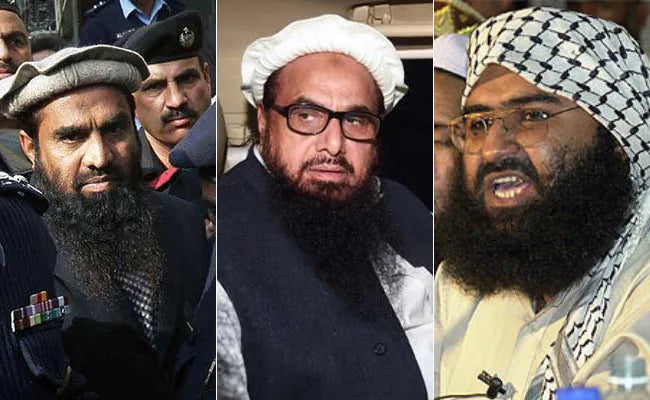FATF Reports Funds Raised by Pakistan-Based Terror Outfits Through Fake Charities

The Financial Action Task Force (FATF), an international body focused on combating money laundering and terrorism financing, has disclosed that terrorist organizations based in Pakistan, namely Jaish-e-Mohammed (JeM) and Lashkar-e-Tayyiba (LeT), are utilizing fake non-profit organizations (NPOs) to fund their activities.
According to FATF's recent report titled Comprehensive Update on Terrorist Financing Risks, these groups exploit humanitarian initiatives under false pretenses to gather funds. Their fundraising tactics include campaigns on social media, direct messages, and various online and offline platforms, including crowdfunding. The collected funds are transferred via banks and financial institutions or through unregulated money transfer services, and are often converted into cash or other logistical resources.
The report sheds light on how JeM and LeT, known for their roles in major terrorist incidents such as the 2001 attack on the Indian Parliament, the 2008 Mumbai attacks, and the 2019 Pulwama bombing, continue to bypass international oversight by manipulating the financial system. Notably, in East Asia, these entities have been identified using fraudulent NPOs to redirect humanitarian donations for their operations.
For the first time, FATF has implied the notion of state-sponsored terrorism, a term frequently used by India to accuse Pakistan of financing and supporting terrorist activities. A senior official highlighted that this supports India's persistent claim that Pakistan facilitates terrorism as a part of its state policy.
The FATF report also mentioned prior incidents such as the acquisition of explosive materials through e-commerce platforms, exemplified by the February 2019 Pulwama attack where aluminium powder was purchased online. Additionally, there are rare instances where gold and jewellery serve as fund reserves, occasionally concealed by terrorists’ family members.
The agency denounced the terrorist attack on April 22, 2025, in Pahalgam, Jammu & Kashmir, which resulted in the deaths of 26 tourists. FATF continues to scrutinize such events and is anticipated to incorporate its findings in the ongoing review of Pakistan's adherence to global counter-terrorism financing standards.
India has intensified its efforts to advocate for Pakistan's re-listing on the FATF grey list, highlighting persistent support for banned terrorist groups despite global examination. The report marks an important development in revealing how terrorist financing networks adapt and manipulate global systems, representing a substantial threat to international peace and stability.



















